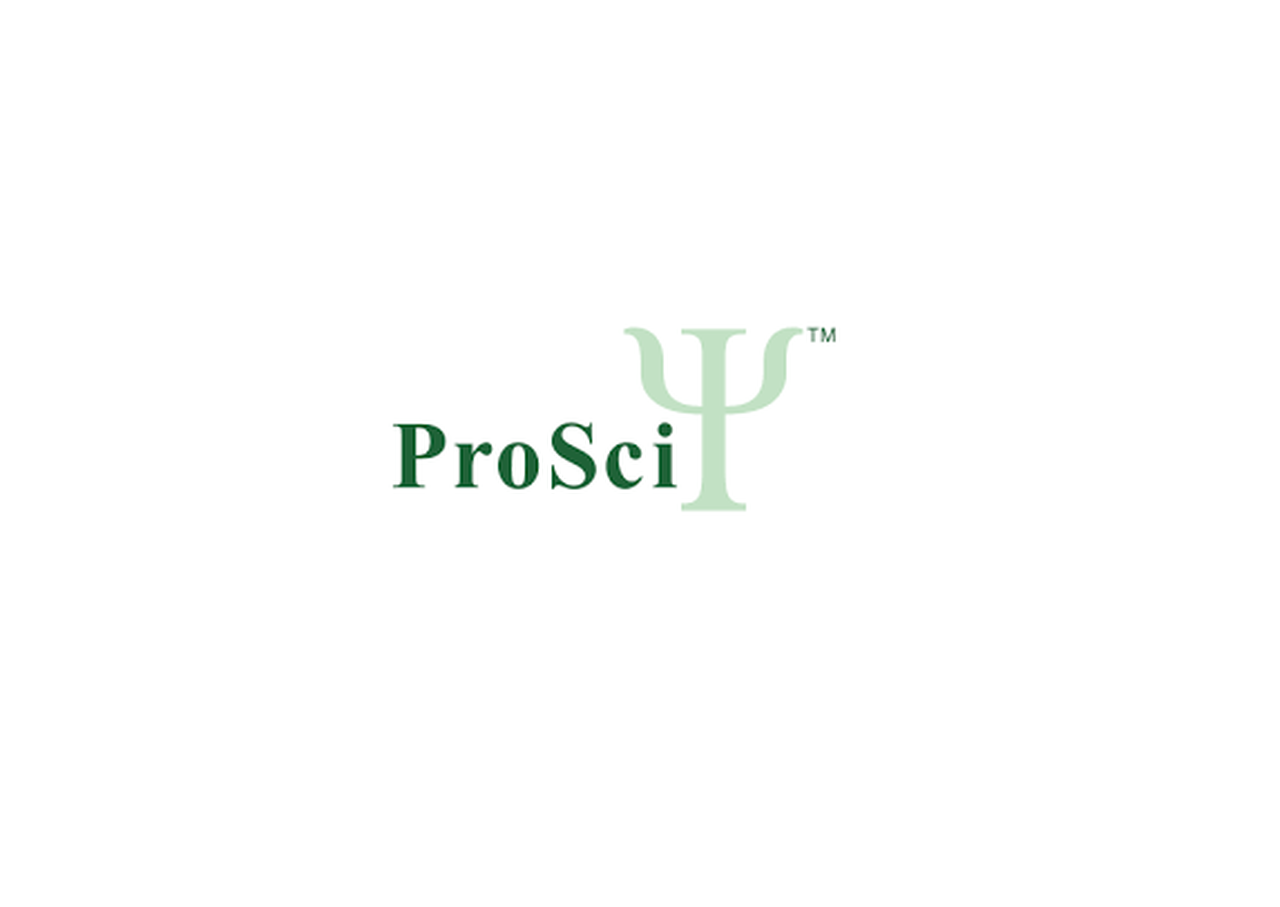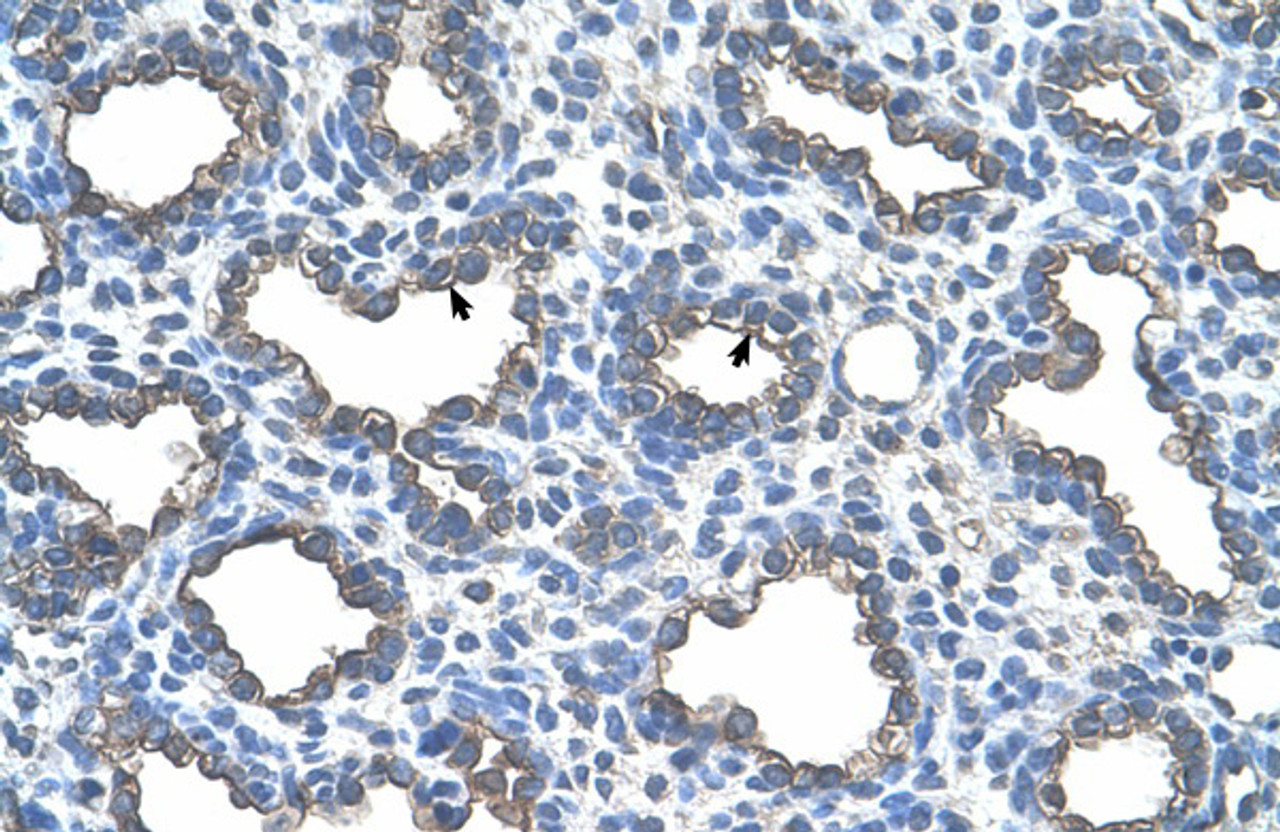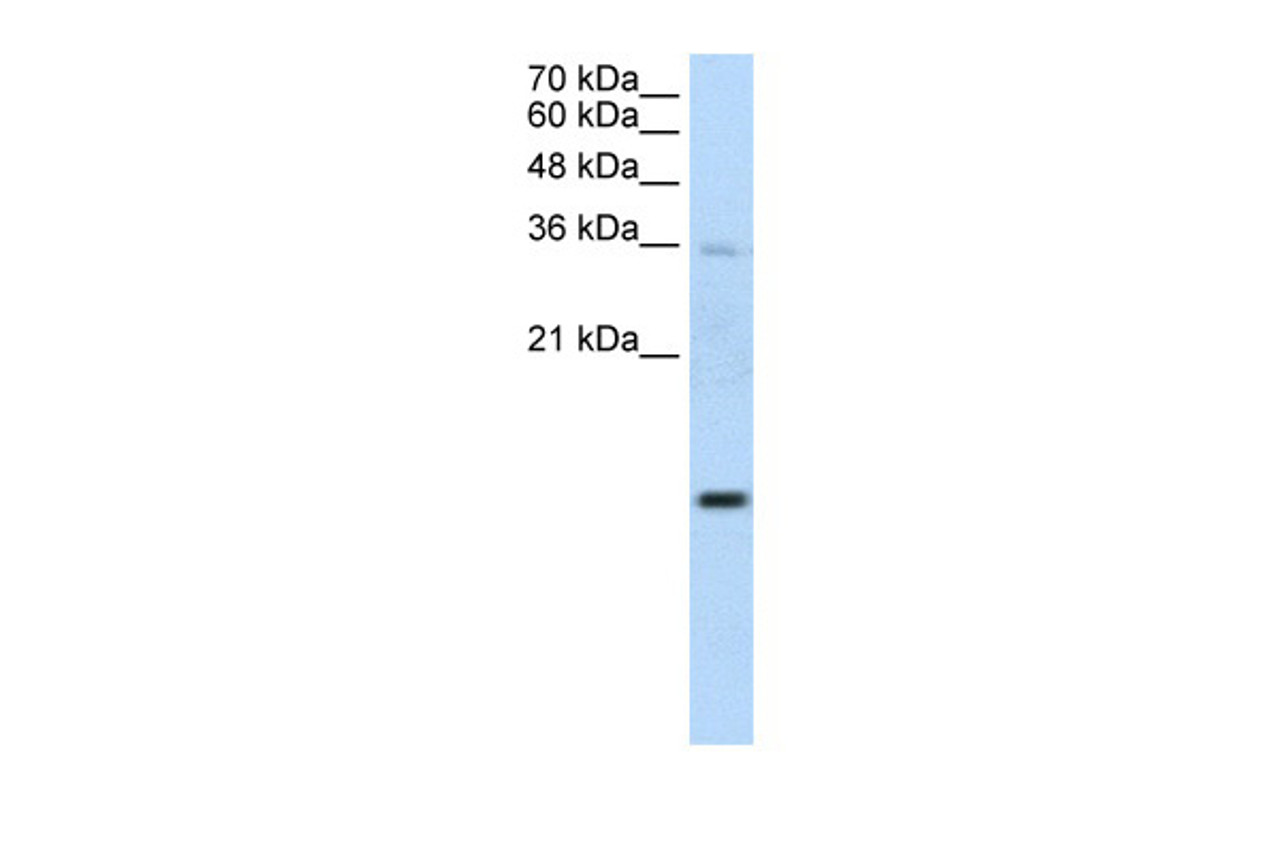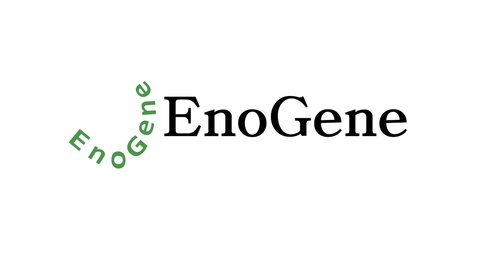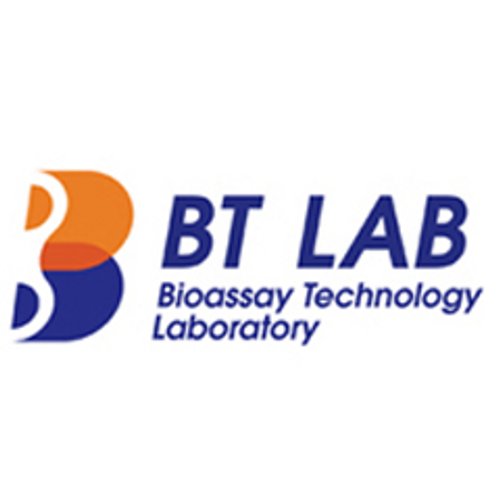Product Description
UBE2D2 Antibody | 29-820 | ProSci
Host: Rabbit
Reactivity: Human, Mouse, Rat, Dog
Homology: N/A
Immunogen: Antibody produced in rabbits immunized with a synthetic peptide corresponding a region of human UBE2D2.
Research Area: Cancer, Apoptosis, Homeostasis
Tested Application: E, WB, IHC
Application: UBE2D2 antibody can be used for detection of UBE2D2 by ELISA at 1:1562500. UBE2D2 antibody can be used for detection of UBE2D2 by western blot at 1.25 μg/mL, and HRP conjugated secondary antibody should be diluted 1:50, 000 - 100, 000.
Specificiy: N/A
Positive Control 1: Cat. No. 1205 - Jurkat Cell Lysate
Positive Control 2: N/A
Positive Control 3: N/A
Positive Control 4: N/A
Positive Control 5: N/A
Positive Control 6: N/A
Molecular Weight: 60 kDa, 61 kDa
Validation: N/A
Isoform: N/A
Purification: Antibody is purified by protein A chromatography method.
Clonality: Polyclonal
Clone: N/A
Isotype: N/A
Conjugate: Unconjugated
Physical State: Liquid
Buffer: Purified antibody supplied in 1x PBS buffer with 0.09% (w/v) sodium azide and 2% sucrose.
Concentration: batch dependent
Storage Condition: For short periods of storage (days) store at 4˚C. For longer periods of storage, store UBE2D2 antibody at -20˚C. As with any antibody avoid repeat freeze-thaw cycles.
Alternate Name: UBE2D2, E2 (17) KB2, PUBC1, UBC4, UBC4/5, UBCH5B
User Note: Optimal dilutions for each application to be determined by the researcher.
BACKGROUND: The modification of proteins with ubiquitin is an important cellular mechanism for targeting abnormal or short-lived proteins for degradation. Ubiquitination involves at least three classes of enzymes: ubiquitin-activating enzymes, or E1s, ubiquitin-conjugating enzymes, or E2s, and ubiquitin-protein ligases, or E3s. UBE2D2 is a member of the E2 ubiquitin-conjugating enzyme family. This enzyme functions in the ubiquitination of the tumor-suppressor protein p53, which is induced by an E3 ubiquitin-protein ligase.SLC38A4 is found predominantly in liver and transports both cationic and neutral amino acids. The transport of cationic amino acids by SLC38A4 is Na (+) and pH independent, while the transport of neutral amino acids is Na (+) and pH dependent (Hatanaka et al., 2001) .
 Euro
Euro
 USD
USD
 British Pound
British Pound
 NULL
NULL

